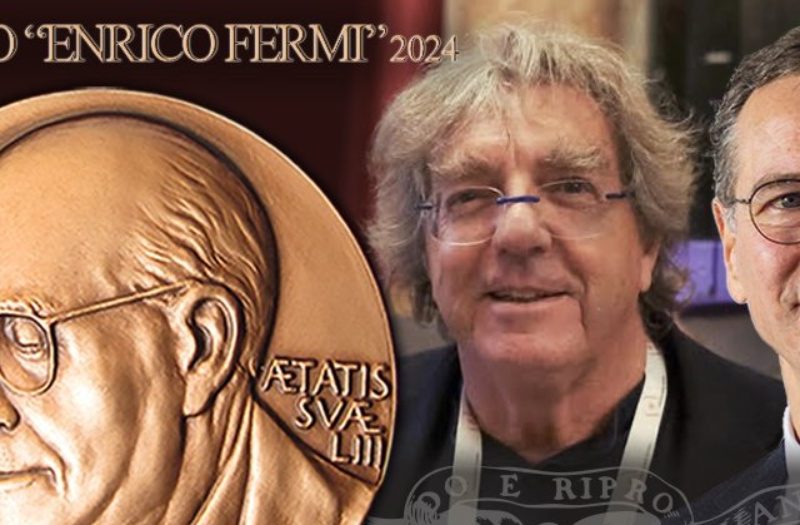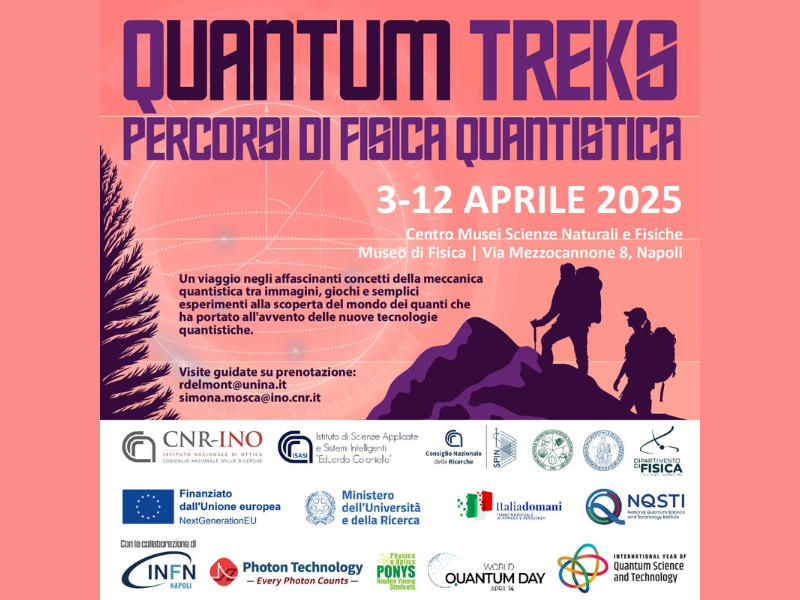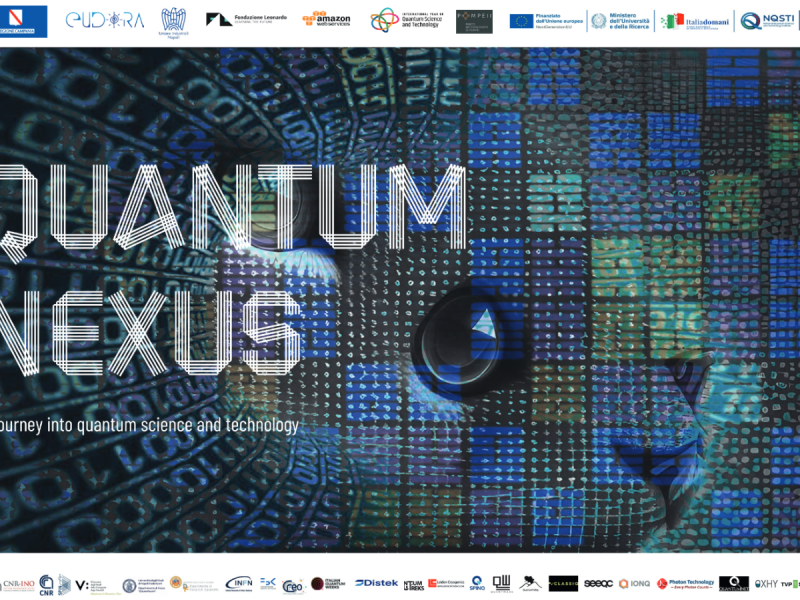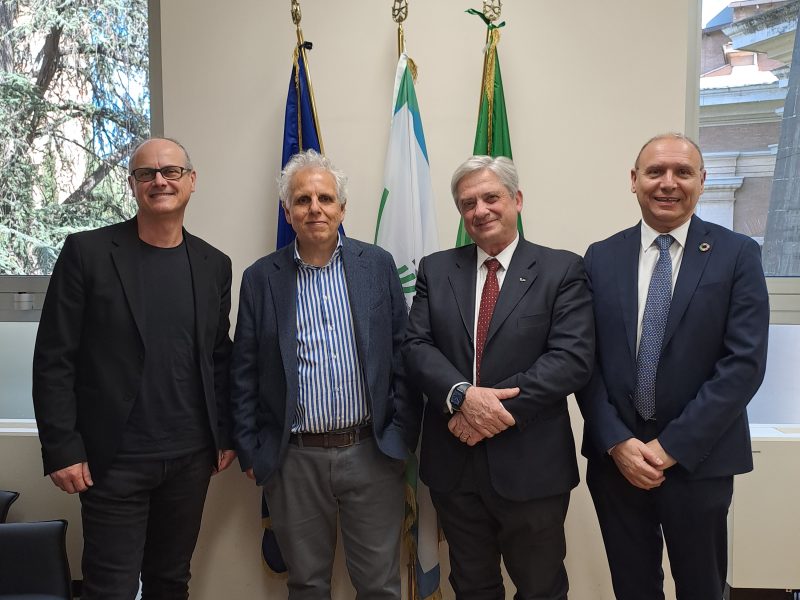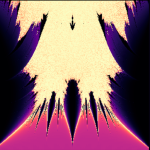
Informal meeting on universal & critical dynamics of quantum many-body systems
September 16, 2024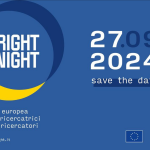
European Researchers’ Night 2024: CNR-INO Events in Pisa and Naples
September 23, 2024The 2024 Enrico Fermi Prize of the Italian Physical Society (SIF) was awarded jointly to Alberto Diaspro and Francesco Saverio Pavone for their experimental research in the field of physics applied to biological systems.
The motivation for the award to Alberto Diaspro, Full Professor at the Department of Physics of the University of Genoa and Director of the Nanoscopy Line of the Italian Institute of Technology (IIT) was: “For his notable original contributions to the development and application of optical microscopy and the crucial impact on cellular and molecular biophysics”.
For Francesco Saverio Pavone, Full Professor at the Department of Physics of the University of Florence associated to the CNR INO and Director of the Biophysics Area of the European Laboratory of Non-Linear Spectroscopy (LENS), the motivation was: “For his leading role in the development of single molecule manipulation and spectroscopic imaging methods to study molecular processes in cells, tissues and the brain”.
The Prize was established by the Society in 2001, on the occasion of the centenary of Fermi’s birth, and is awarded annually to one or more members who have particularly honored physics with their discoveries. A Jury of experts appointed by SIF, CNR, INAF, INFN, INGV and INRIM chooses the winners from a shortlist of candidates, then forwards its judgment to the Society’s Council for approval.
Graduated in Genoa in Electronic Engineering, Alberto Diaspro has focused his interests both as a teacher and as a researcher in applied physics, biophysics and bioengineering. Associate Professor at the Department of Physics of the University of Genoa in 2005, since 2018 he has been Full Professor. Since 2009 he has been Research Director at the IIT in Genoa as Deputy Director and since 2014 as Director of the Nanoscopy Line. His initiatives, projects and assignments at national and international level are many. Among his multiple activities, Diaspro achieved significant results by using fluorescence spectroscopy in particular to study various physiological and pathological processes. Among these, the understanding of the mechanisms of interaction between biomolecules and surfaces is crucial, exploiting the properties that some biomolecules have to recognize specific biomarkers of certain pathologies. Of particular importance is the research of Diaspro and his collaborators regarding the design, development and use of linear and non-linear optical super-resolution methods for non-invasive techniques to analyze living organisms, at different spatial and temporal scales, from individual molecules to organs and tissues, with applications ranging from cases of molecular oncology to neurodegenerative pathologies. He has received a large number of awards for his achievements.
Graduated in Physics from the University of Florence, Francesco Saverio Pavone began his research activity at LENS, specializing at the National Institute of Optics (INO) and as Maître de Conférences attached to the Collège de France, in Paris, in the group of Claude Cohen-Tannoudji. He returned to Italy first to Perugia as an Associate Professor and then as a Full Professor in Florence where he becomes Scientific Director of the Biophysics Laboratory at LENS and of Biophotonics at the Department of Physics. Starting from his initial research in the field of atomic and molecular physics, since the early 2000s Pavone has been dealing with spectroscopy and microscopy techniques applied to single molecules and cells of biological interest, showing how the important mechanisms underlying quantum optics experiments are also important for the detection and imaging of single biological particles. Of notable importance are the results achieved in a vast international collaboration which, by combining different methodologies, aimed to obtain a high-definition mapping of the different parts of the human brain. In particular, Pavone and his collaborators have reconstructed Broca’s area which is the frontal part of the human brain responsible for the development of language, using high-resolution optical microscopy techniques. A truly extraordinary result.
The awarding of the Fermi Prize from the Italian Physical Society is more than deserved for both researchers: it is a further confirmation of the important role they play in the development of new technologies in the field of optical microscopy in Italian research.
The award ceremony took place during the opening session of the 110th SIF National Congress, in Bologna, on 9 September 2024.
More information here

